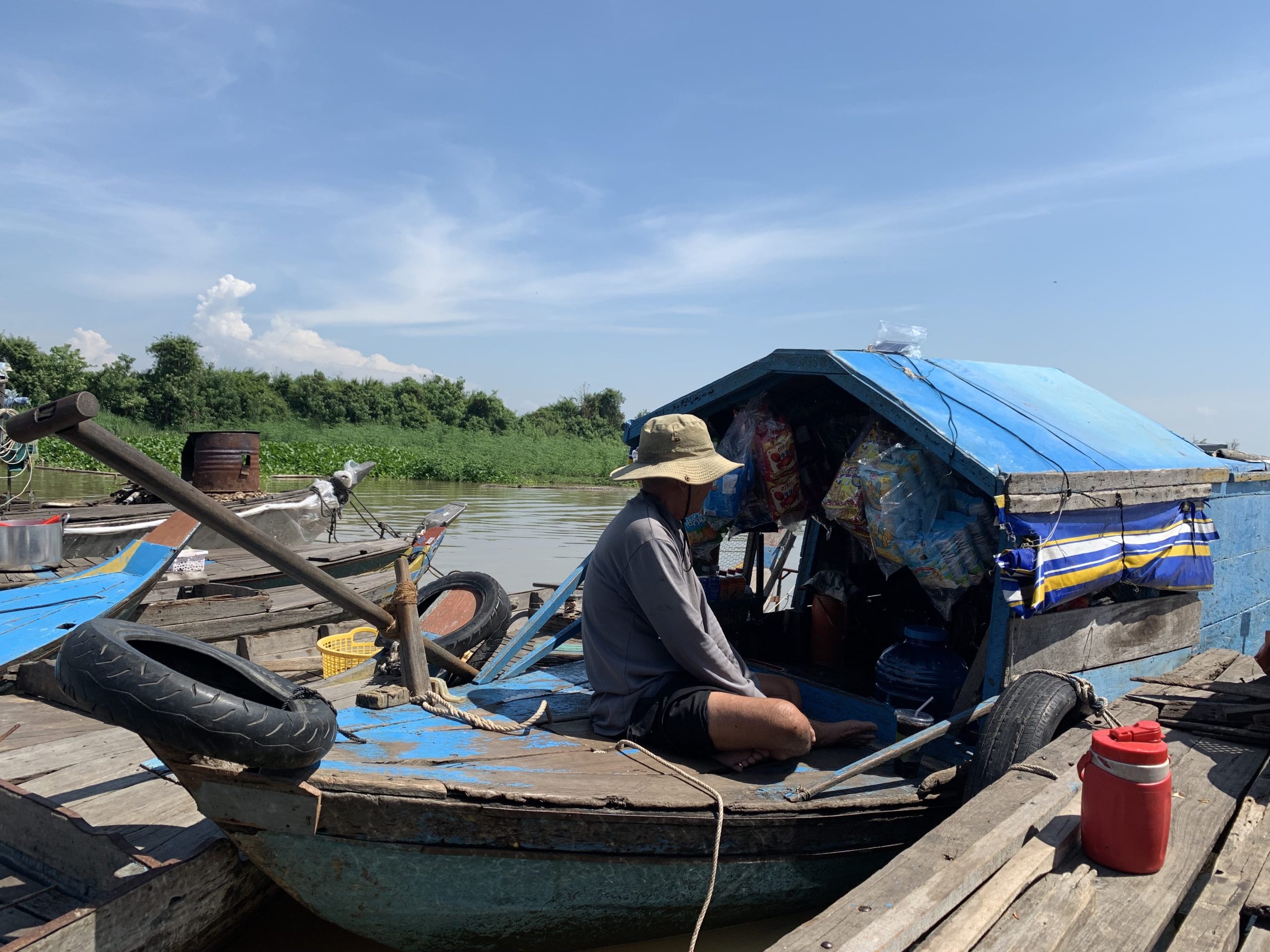1. Citizenship Law
a. Jus Sanguinis Provisions
The citizenship laws of the Federated States of Micronesia (Micronesia) operate through jus sanguinis provisions with children born either within or outside of the territory to a citizen parent automatically considered citizens. Children born outside of the territory are considered natural citizens until the age of 21, after which they will only be considered citizens if they established permanent residence before reaching the age of 21. Micronesia’s national legislation also does not include a definition of a stateless person or any explicit mention of statelessness.
b. Naturalized Citizenship
A naturalization process is only available to children of a citizen parent who are 18 years or older, of good character, has renounced previous citizenship, and have been permanent residents in the territory for at least five years. Further, in order to apply for naturalized citizenship in Micronesia, the applicant must have already renounced their other citizenship, leaving them in an indefinite period of statelessness. There are no provisions providing stateless persons or refugees the opportunity to apply for naturalization.
c. Dual Citizenship
Due to a constitutional amendment passed in 2023, Micronesians can have dual citizenship with the United States. Dual citizenship is not recognized with a state other than the U.S.
2. Treaty Ratification Status
Micronesia has only ratified the CRC and CEDAW with no relevant reservations. In its 2020 concluding observations, the CRC Committee recommended that Micronesia improve its data collection system for birth registration with a special focus on increasing access in the outer islands. As a party to the CRC, Micronesia is responsible for ensuring that every birth is registered immediately as well as to ensure that no child is left stateless.
| Country | Stateless 1 | Stateless 2 | Refugee | ICCPR | ICESCR | ICERD | CRC | CEDAW |
|---|---|---|---|---|---|---|---|---|
| Federated States of Micronesia |



